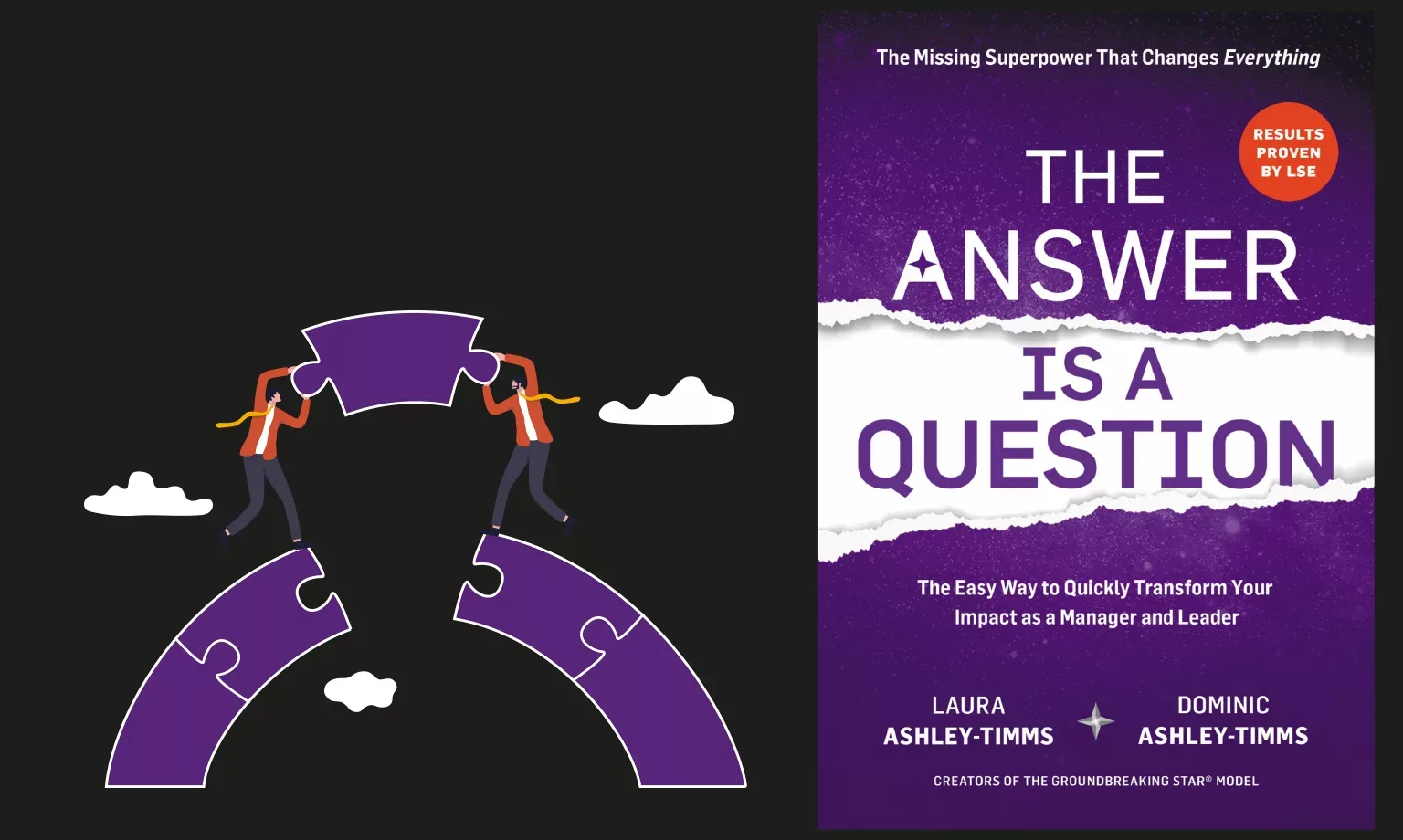Dominic Ashley-Timms, CEO of performance consultancy Notion, assesses the growing disconnect between today’s business leaders and their employees and explores the feasibility of implementing a new management model to cultivate a healthier workplace.
HELPING LEADERS NAVIGATE TODAY’S BUSINESS CHALLENGES
It is difficult to ignore the growing disconnect between businesses and their employees that most industries are witnessing today. Despite organisational attempts to introduce more agile ways of working, leaders are still failing to respond to the fact that the world has progressed. People’s values have changed; they’re more selective now and they want more for themselves, their work-life balance, and their sense of purpose and development at work. If these elements are found wanting, people vote with their feet, placing a strain on recruitment, engagement, and the retention of remaining staff.
Organisations across the board are similarly affected. For instance, the construction industry faces exceptionally high staff shortages, needing nearly a million new recruits over the next decade. A similar story can be seen in the mining industry, with 86 percent of mining executives finding it harder to recruit and retain the talent they need. The challenges faced by the retail, health and social care, travel, tourism, and hospitality sectors are further compounded by being counted among the top 10 industries with the least job satisfaction.
The quality of management plays a crucial role in helping to address these business challenges. Shockingly, 28 percent of workers have left a job just to escape from a negative relationship with their manager; research reveals this has a disproportionately larger impact on mental health than other close relationships. The message is clear – time is up and we must transform management capability with a new approach now to have a measurable impact on employee satisfaction, engagement, recruitment, and retention.
WHY MANAGEMENT NEEDS A REVOLUTION
For too long, managers have been regarded as super workers, relied upon to keep the show on the road by resolving day-to-day issues and managing performance. This prevailing command-and-control style has remained essentially unchanged for the past century; leadership determines the strategy and issues directives, which are cascaded to managers who direct the workforce to carry them out. This approach is now outmoded in the modern work environment.
Why? Consider for a minute the impact that this can have if the mindset is: I’m the manager, I’m in control, and the buck stops with me. I’ve got to direct my team; there’s work to be done. I should be there for my team, and when they come to me with problems, I’ll need to have the answers. It’s my job to solve their problems and fix the issues. I need to firefight to keep everything on track.
What actually happens is, as a result of this mindset, managers take on too much work, which leads to increased stress. Their team perceives ‘problem solving’ as a managerial task, and therefore don’t try to resolve issues themselves; they wait to be told what to do and lean on management for direction.
In this situation, the manager is not only taking on more, but they’re also inadvertently robbing employees of valuable learning opportunities to devise solutions to challenges themselves, which is crucial for their own learning and career advancement. The consequence is that staff become discouraged by a lack of development and their confidence, growth, and competence is impacted. Ultimately, this diminishes employee engagement and productivity levels.
ADOPTING AN ENQUIRY-LED APPROACH
True leadership is less about directing and more about enabling others and helping them flourish. What can leaders do if the traditional command-and-control approach to management isn’t working? The answer, it turns out, is for managers to adopt more of an enquiry-led approach, which means learning to ask more powerful questions.
By helping managers learn when and how to ask more insightful questions in situations that offer the potential for a better outcome, instead of directing staff, a culture of value and appreciation emerges, leading to higher levels of employee productivity, performance, and retention.
When a team member comes to their manager with a problem, for example, a well-intentioned question designed to stimulate the other person’s own thinking might well lead to a better idea or action. For example, “what could have been the impact of that?” or, “is there a way we could achieve a different result?”. This also means that the ownership of any ideas generated by this dialogue remain with the employee; they’re their ideas, not the manager’s.
By learning to tune in to the different situations they encounter daily, managers can learn when and how to ask more powerful questions that provoke deeper reflection from team members. By utilising this Operational Coaching® style of management, leaders develop a coaching mindset that helps them to tap into the talents of their team members, whilst preventing themselves from stepping in to solve every problem. In this way, team members retain accountability for solving more of the day-to-day problems, increasing confidence and resourcefulness.
CONCLUDING THOUGHTS
Mastering the skill of asking more powerful questions requires training – it’s not something managers have been taught how to do, but it is a crucial skill for leaders in every industry to develop. A well-intentioned, purposeful question builds collaborative and trusting manager-employee relationships, with staff more satisfied in their roles and better equipped to tackle future challenges. This enhances a sense of ownership and fulfilment amongst team members, improves productivity, and cultivates a healthier workplace.
Who wouldn’t want to work in an environment like that?



















